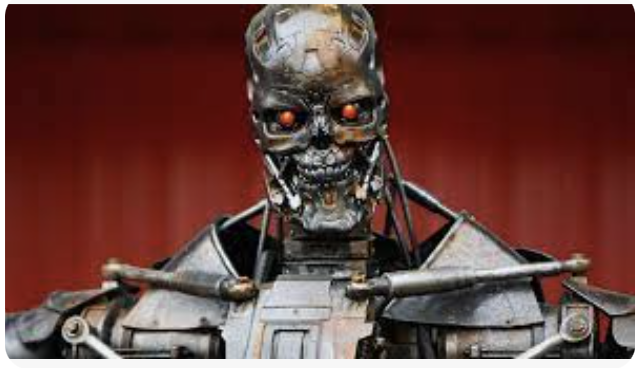The true minimum wage is aways zero
/is that for here or to go?
Sales of robot workers smashes records. And they’re just getting going.
It doesn’t seem like all that long ago that the #FightFor15 movement continually screamed that if business owners simply paid them a higher hourly wage, all of the labor issues plaguing the entry-level job industry would be solved overnight. There would never be a shortage of willing employees, they said, if only the wages were higher.
A “living wage,” they demanded.
Now, a company can offer the same group of would-be burger flippers and shelf-stockers $25 per hour, and they still wouldn’t show up for work. Just go to your favorite local restaurant or small business. They’re all short-handed no matter how much they pay and what incentives they offer.
That’s why it’s no surprise that companies are largely turning to automated solutions like robots more than ever before.
According to an eye-opening Reuters report this week, the demand for robot replacement workers is skyrocketing, so much so that the industry sales numbers for robot workers smashed a new record in 2022.
From Reuters:
Companies, overwhelmingly located in the United States but including some in Canada and Mexico, ordered just over 44,100 robots in 2022, an 11% increase over the previous year and a new record, according to data compiled by the Association for Advancing Automation, an industry group also known as A3. The value of those machines totaled $2.38 billion, an 18% increase over the prior year, according to the data.
So what happened? Where are all of the workers who demanded $15 per hour, who now have access to much higher wages for entry-level, mindless jobs? They’re sitting at home playing video games, smoking the devil’s lettuce, and living off the handout-heavy U.S. government under President Joe Biden. That’s where they are.
The answer? Automate. Just look at your local McDonald’s owners or any other fast-food chain businesses. They’re no longer sitting around and begging for slackers to show up and click buttons on a screen.
Robots are now the logical and increasingly affordable solution to the ongoing labor shortage problem.
Sure, it’s more expensive up front than hiring a 16-year-old kid, but robots never take off work, never come in late, and never whine about how hard the job is. And they never need a raise, benefits, unemployment insurance, or any of the other headaches that come along with traditional workers.
Oh, and robots aren’t interested in forming unions, which also happens to be quite attractive to both small and large companies attempting to stay alive in Biden’s inflation-ridden, supply-chain-disaster of an economy.
This is who robots are replacing:

